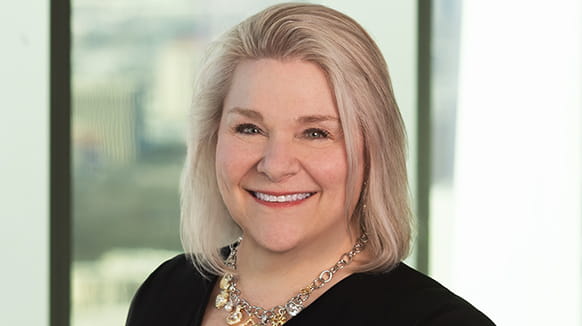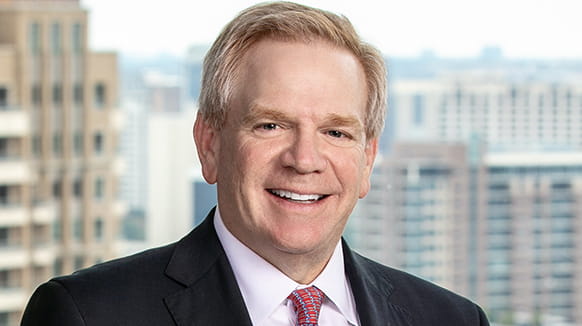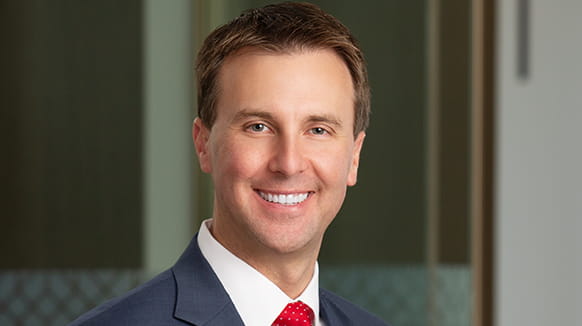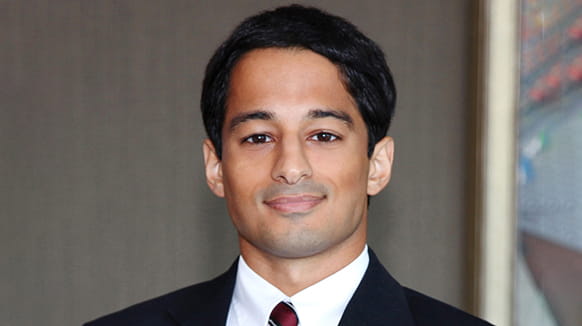The government is continuing its push to incentivize voluntary disclosure of criminal conduct by launching a nationwide pilot program applicable to individuals. On April 15, 2024, the Criminal Division of the U.S. Department of Justice (“DOJ) announced a voluntary self-disclosure (“VSD”) pilot program that lists the requirements individuals must meet to enter into a non-prosecution agreement (“NPA”). This builds on last year’s DOJ announcements of a corporate VSD policy and VSD safe harbor for mergers and acquisitions as well as VSD pilot programs for individuals recently announced by specific U.S. Attorney’s offices. These offices include the Southern District of New York, the Northern District of California, and the Southern District of Texas.
Under the Criminal Division’s new VSD program, an individual that self-discloses information about criminal misconduct will receive an NPA if he or she satisfies the following requirements:
- The disclosure is voluntary, meaning (1) it is made before any request, inquiry, or demand relating to the subject matter of the disclosure is made by DOJ or a federal law enforcement, regulatory, or civil enforcement agency; (2) the individual has no preexisting obligation pursuant to an agreement in connection with a criminal prosecution or civil enforcement action to report the information to DOJ or any federal law enforcement, regulatory, or civil enforcement agency; and (3) it is made in the absence of government investigation or threat of imminent disclosure to the government or the public.
- The disclosed information must be original, meaning non-public information not previously known to DOJ.
- The disclosure must be truthful and complete, meaning it includes all information known to the individual related to any misconduct the individual is aware of or participated in, including the complete extent of the individual’s own role in the misconduct.
- The individual must fully cooperate with and be willing and able to provide substantial assistance to DOJ in its investigation of related conduct and prosecution of other culpable individuals or entities.
- Cooperation may include providing testimony and evidence, producing documents, and/or working in a proactive manner under the supervision or and in compliance with law enforcement.
- The disclosed information must relate to at least one of the following subject matters:
- Violations by financial institutions, their insiders, or agents, including schemes involving money laundering, anti-money laundering, registration of money transmitting businesses, and fraud statutes, and fraud against or compliance with financial institution regulators.
- Violations related to integrity of financial markets undertaken (1) by financial institutions, investment advisors, or investment funds, (2) by or through public companies or private companies with 50 or more employees, or (3) by any insiders or agents of any such entities.
- Violations related to foreign corruption and bribery by, through, or related to public or private companies, including violations of the Foreign Corrupt Practices Act, the Foreign Extortion Prevention Act, and money laundering statutes.
- Violations related to health care fraud or illegal health care kickbacks committed by or through public companies or private companies with 50 or more employees.
- Violations by or through public or private companies with 50 or more employees related to fraud against, or the deception of, the United States in connection with federally funded contracting, where such fraud does not involve health care or illegal health care kickbacks.
- Violations committed by or through public or private companies related to the payment of bribes or kickbacks to domestic public officials.
- The individual must forfeit or disgorge any profit from the criminal wrongdoing and pay restitution or victim compensation.
However, individuals are not eligible for an NPA if:
- They have engaged in criminal conduct involving violence, use of force, threats, substantial patient harm, any sex offense involving fraud, force, or coercion, or relating to a minor, or any offense involving terrorism.
- They are the CEO, CFO, or an equivalent of a public or private company.
- They are the organizer or leader of the criminal scheme.
- They are an elected or appointed foreign government official.
- They are a domestic government official at any level, including any employee of a law enforcement agency.
- They have a previous felony conviction or a conviction of any kind for conduct involving fraud or dishonesty.
DOJ has stated that its pilot program is intended to provide transparency regarding the process of granting NPAs and to push companies to create compliance programs that encourage reporting of complaints and misconduct as well as help prevent, detect, and remediate misconduct before it begins or expands. Haynes Boone attorneys have substantial experience in helping companies and individuals craft robust compliance programs, navigate whistleblower program requirements, negotiate NPAs, and make disclosures to various agencies, including DOJ. Please contact a member of Haynes Boone’s Government Enforcement and Litigation team or Criminal Investigations and Prosecutions team for assistance in any of those matters.





